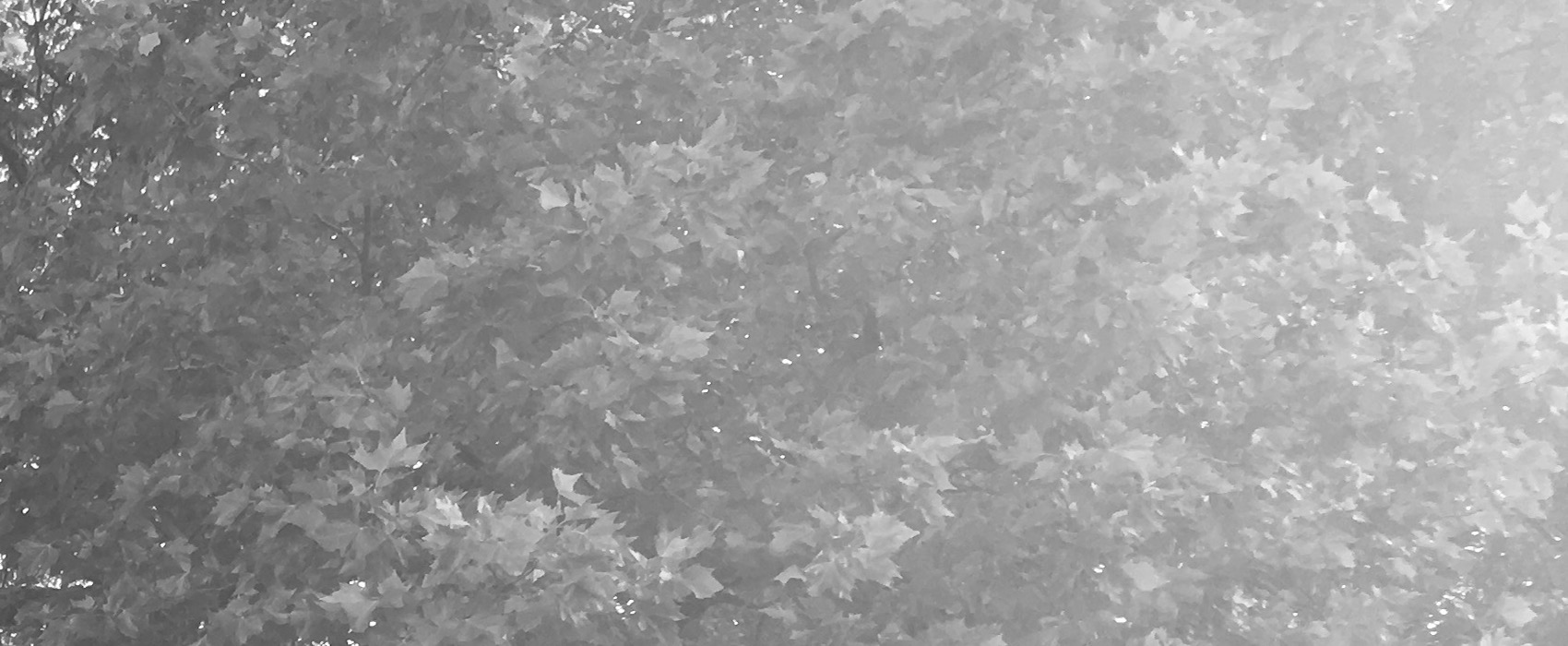Something central to my thinking is the idea that women should be active in shaping a new realm of society and politics as it emerges. This is different from the idea that women should be equal in the current system. That’s not to say I don’t think women have roles to play in participating in our political and cultural life, but that it’s not everyone’s role to battle from within the system that itself is so rooted in notions of (white) male superiority.
Many things I’ve thought about in recent years seem to be coming together, and what’s surprising is the things that I was looking at before Mark died are coming into focus. His death resulted in such a ground zero feeling that I rarely think back to the things I was doing or thinking before his death.
But what I’ve become aware of recently is the fact that following his death I had to rely on instinct and intuition to a degree that I had never done before. There is a scene in the film Embrace of the Serpent in which the scientist flounders as he tries to paddle and Karamakate, an Amazonian shaman, tells him to listen to the river and it will tell you when to paddle.
That scene resonated strongly with me because I have felt so keenly that I have had to rely on that capacity to know when to move, know what I needed. And perhaps that has detached me even further from the values that the scientists represent on their expeditions that take place 40 years apart.
In Mad, Bad and Sad, Lisa Appignanesi outlines Charles Darwin’s belief in the superiority of male characteristics and ways of knowing. As Appignanesi writes, he pays little regard to the culture of his time and how it imposed certain behaviours and expectations on women, but decided that what he saw as feminine characteristics – intuition and rapid perception –
were inferior to male intelligence, and in setting up a version of the ideal superior male that reflected his own disposition and genius, he perhaps unwittingly collaborated with contemporaries such as the psychiatrist Henry Maudesley, or at least provided them with fodder for the belief that women were more prone to insanity.
Having had to navigate the torrent of grief I have come to value my intuition and my rapid perception because the ways of knowing that Darwin believed to be superior would not have got me through. Recognition of this has opened up a different way of seeing, one that includes a stronger connection to the natural realm than I was aware of before. It may be that in grief I felt the consistency of its beauty, of its cycles and renewal, of the solidity of the ground under my feet. I felt held by the love that seemed wrapped up in it and that hasn’t left me.
More recently I’ve read books including If Women Rose Rooted and Women Who Run With The Wolves that have connected me to a deeper sense of a feminine consciousness, the importance of stories in nourishing and sustaining a different, wilder life. One that is not confined by what Max Weber in The Protestant Work Ethic and the Spirit of Capitalism describes as the iron cage of capitalism, but seems to include every value about the superiority of white men in terms of religion, politics, and culture.
Do women then have a particular role to play in discovering and shaping alternative ways of doing politics, rebalancing communities that have lost connection to deeper, wiser ways of being as a result of the feminine and natural realms having been suppressed?
